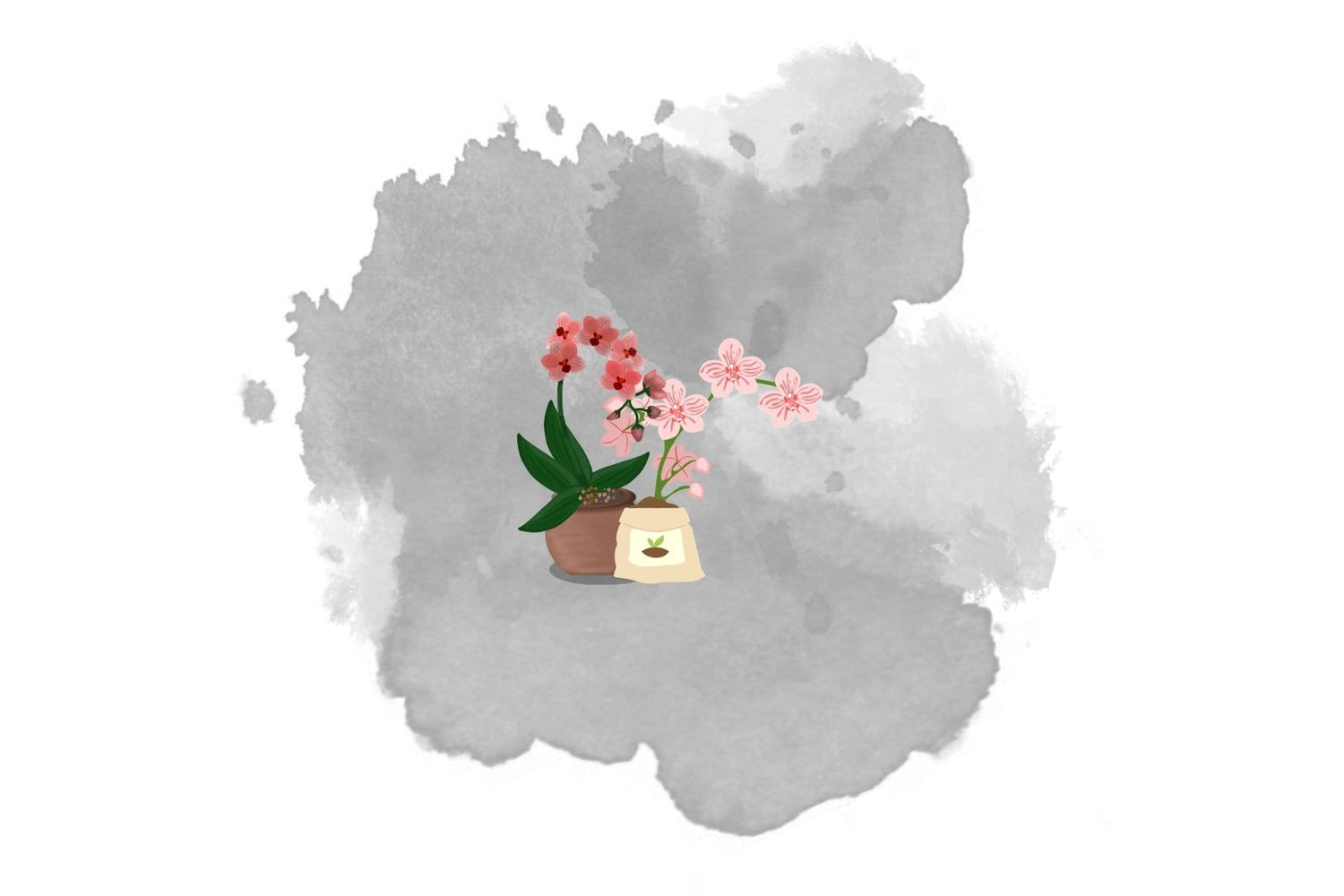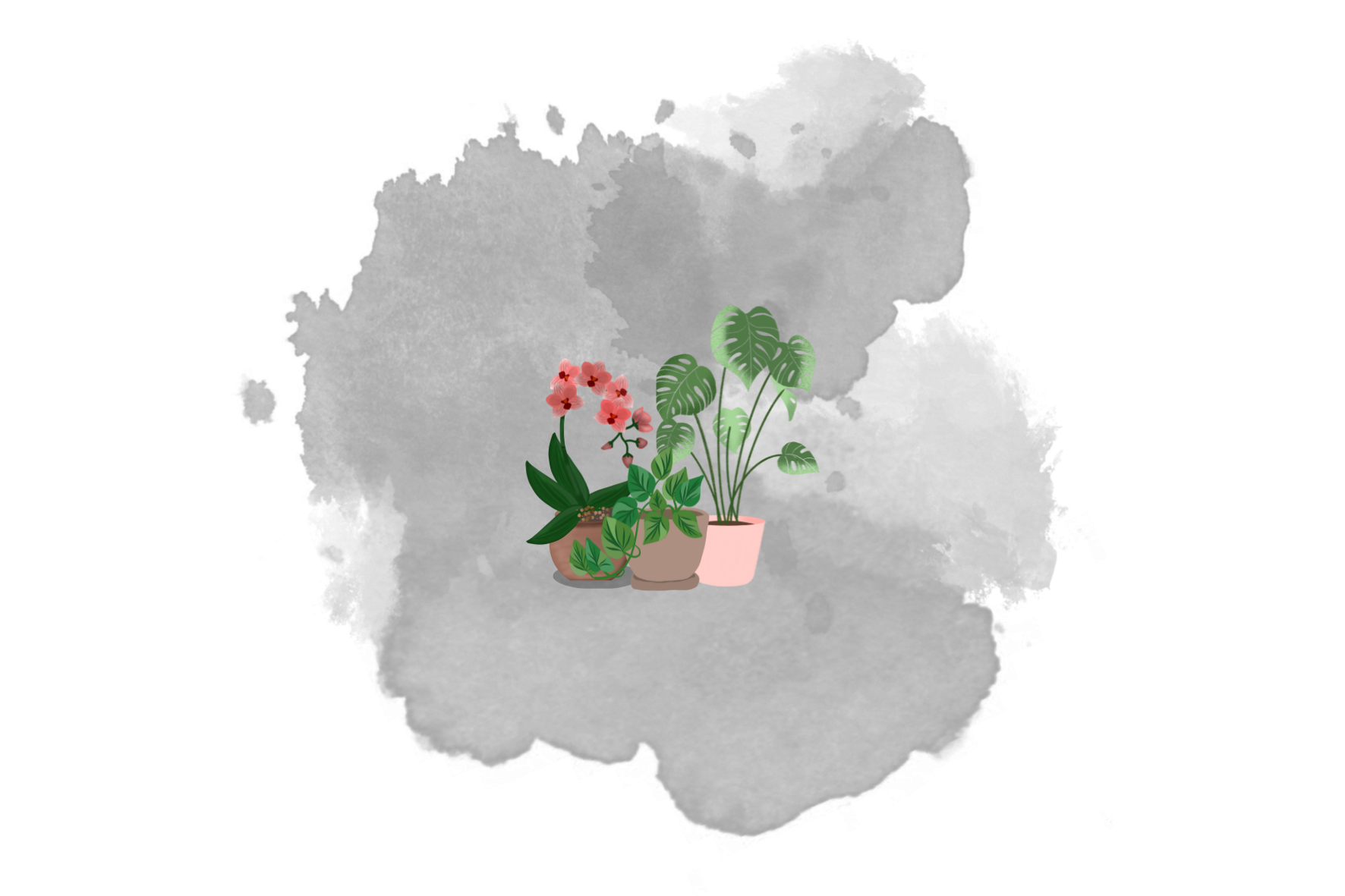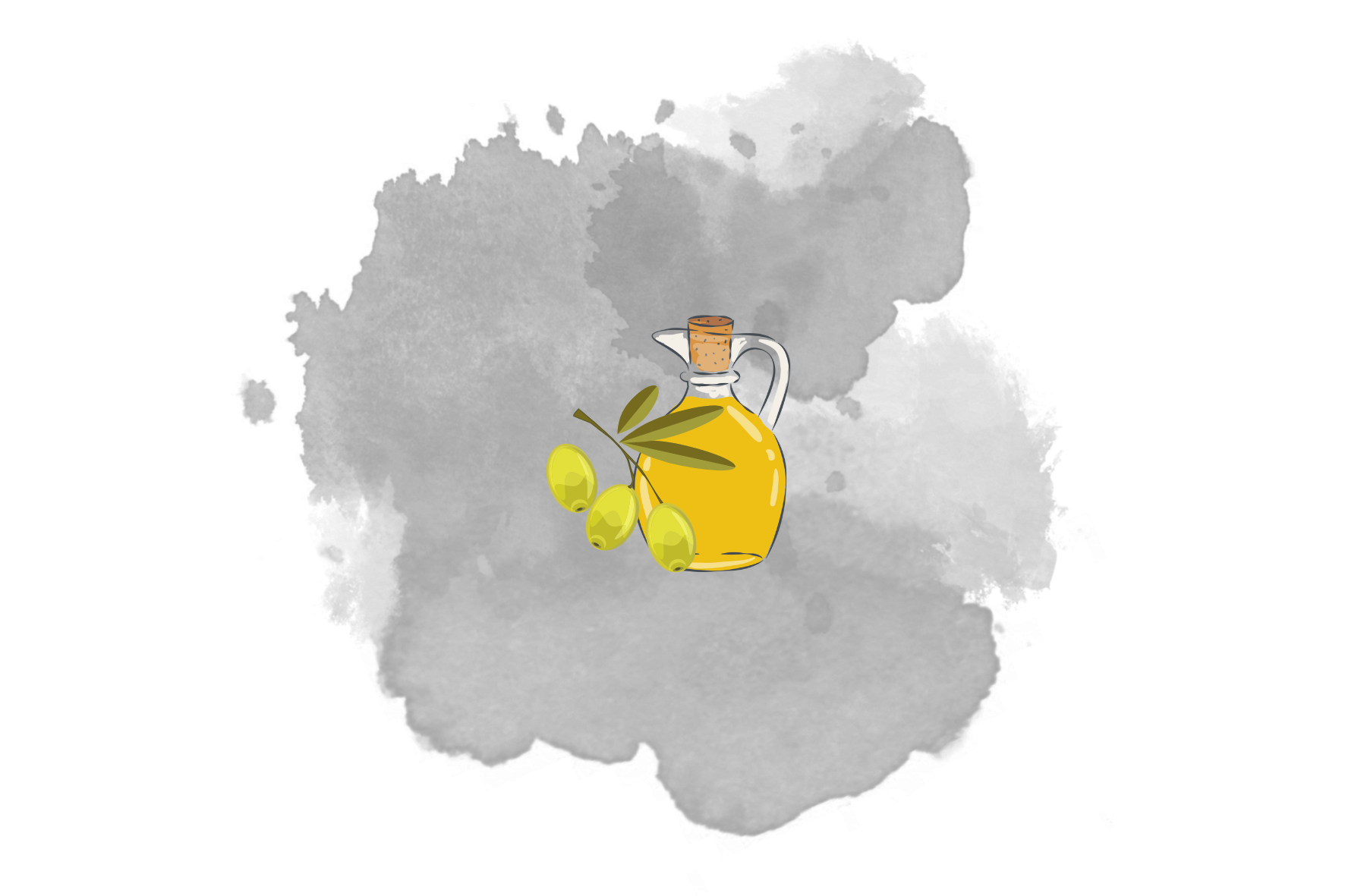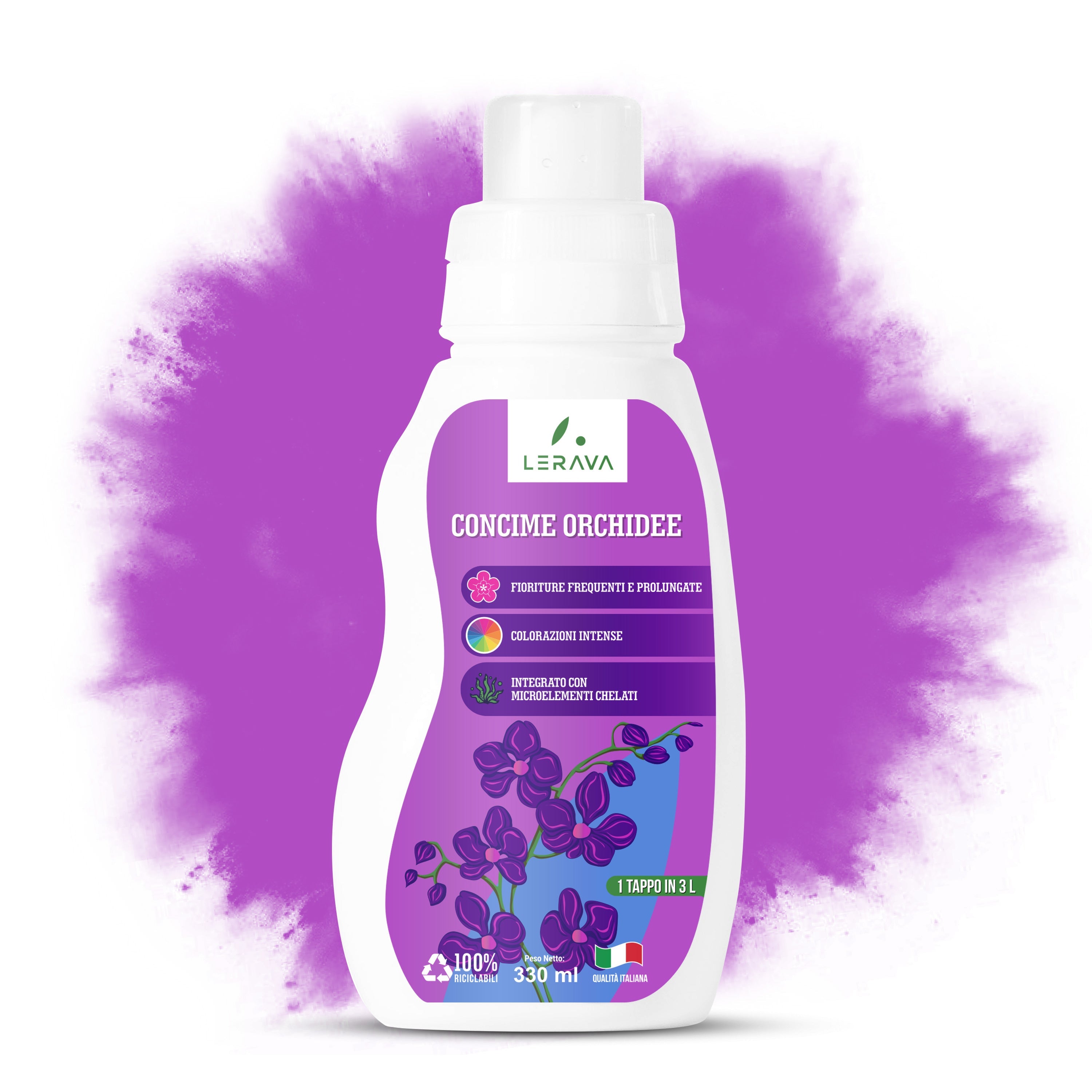When fertilizing orchids (also known as top-dressing plants), you need very few nutrients, so be especially careful when fertilizing. Organic fertilizer is not ideal, because the nutrients are released only with the microorganisms.
The basic requirement for a healthy orchid is a healthy root system. Nutrients are absorbed by the roots directly from the water, so proper watering is important. The immersion method works best: Immerse the roots in a bucket of lukewarm water for about 10 min and then drain.

In addition to proper watering, the soil should also be permeable to air and rather coarse. Proper fertilization will ensure strong roots, which in turn will ensure better absorption of nutrients.
Yellow leaves on orchids
That orchids get yellow leaves due to too little fertilizer is very rare. As a rule, orchids generally require very few nutrients. The leaves of orchids tend to turn yellow or wilt if they:
- are watered incorrectly
- are watered with lime-containing irrigation water
- are attacked by pests
- burn because they get too much sunlight
- burn because they have been fertilized too much

Over fertilization of orchids
Nutrients should be supplied continuously, but in low concentrations. If orchids are over-fertilized, their roots will turn black and begin to rot. Salt deposits on the roots are also another sign of over fertilization.

If orchids are overfertilized, do the following:
- Remove roots from old soil
- Rinse roots with rainwater or other nutrient-poor substrate
- Transplant in coarse, nutrient-poor soil
- Do not water until the following day
- Stop fertilizing for the time being and reduce watering
Over fertilization often leads to death in orchids and should therefore be avoided as a matter of urgency.
When to fertilize orchids?
During the growth phase, fertilize the plant regularly, about every two weeks. Depending on the orchid species, they shed their flowers at the onset of winter and go into dormancy; do not fertilize during this time. Even after repotting, orchids should not be fertilized for the first four to six weeks.
The right fertilizer
Orchids are very picky and demanding plants, so you should use an orchid fertilizer. In exceptional cases, you can also use a commercial flowering plant fertilizer (e.g. Lerava Flowertabs), diluting the amount with water in a ratio of 1:10. In any case, you should use a water-soluble fertilizer product, because the nutrients are absorbed through the roots. It is best to mix the fertilizer with the water.







